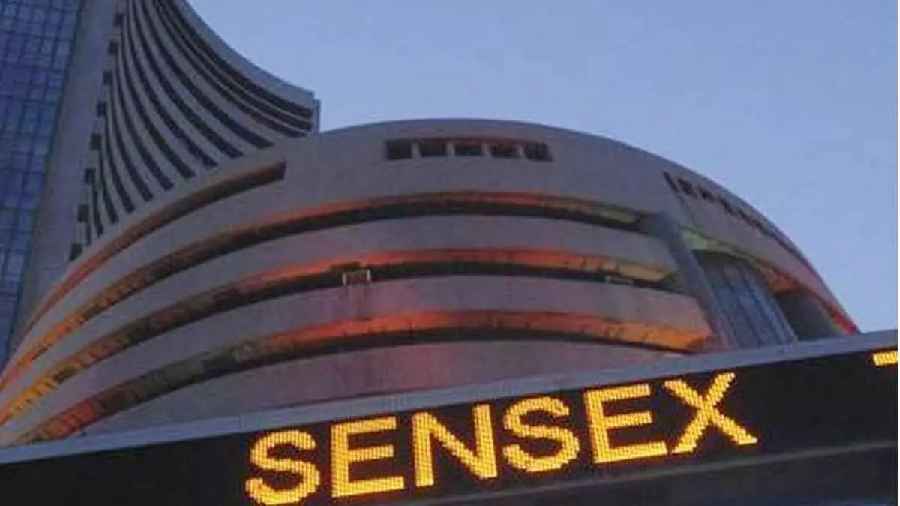Equities remained subdued in line with a similar trend overseas amid uncertainty over whether the US Fed would dial down the pace of its interest rate hikes.
The 30-share BSE Sensex finished in the negative territory for the second consecutive session and declined 69.68 points, or 0.11 per cent, to settle at 60836.41.
During the day, it crashed by 420.95 points, or 0.69 per cent, to 60485.14. Similarly, the broader NSE Nifty dipped 30.15 points, or 0.17 per cent, to end at 18052.70.
On Wednesday, the US Fed delivered an expected 75 basis points hike in interest rates. However, there were contradicting signals from its statement and chair Jerome Powell on whether it will continue with the same amount of increases to tame inflation.
“Along with the 75 basis points hike, the post-meeting statement opened the door to possibly stepping down the size of the next hike, if data cooperate — with Fed acknowledging that past hikes and their lags in transmission will be accounted ahead.
“But that’s where the good news ended. Powell’s prepared remarks pushed back against the idea that the Fed is close to pausing — validating our long-standing view that the policy navigation will be anything but easy,’’ Madhavi Arora, lead economist, Emkay Global Financial Services, said.
BoE raises rates
The Bank of England raised interest rates to 3 per cent on Thursday from 2.25 per cent, its biggest rate rise since 1989, but it pushed back against expectations for further steep hikes, saying Britain faces a long and painful recession.
The pound slid briefly below $1.12 after the decision as the central bank said it “might” raise interest rates again because of a “very challenging” economic outlook.
The BoE forecasts inflation will hit a 40-year high of around 11 per cent during the current quarter but it also thinks the British economy has already entered a recession that could last two years — longer than during the 2008- 09 financial crisis.
Thursday’s rise in borrowing costs was in line with economists’ expectations but was not unanimous.
With inputs from Reuters










